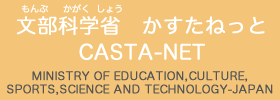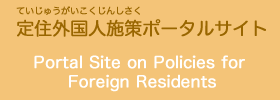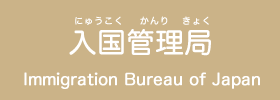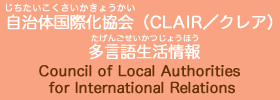
- Home >
- Information on Nursery Schools and Kindergartens >
- What is a nursery school?

Nursery school is a place that takes care of children between the ages of 0-5. Nursery schools take care of children in place of their families, usually for most of the day. There are public nursery schools and private nursery schools, both of which are roughly the same. The main differences are…
Public Nursery schools are created by the prefectural or city governments
Private Nursery schools are created by private individuals or organizations
Nursery schools take care of babies that are at least 2 months of age. However, they accept only children whose parents are either working all day or working for most of the daytime and who have no one to take care of them in their household. Nursery schools also accept children whose caretakers are burdened by physical sickness or mental illness or whose mothers have just given birth to another child. Nursery schools will admit children in these situations, even if it is only for a short period of time.Nursery schools are open from Monday through Saturday. Schools generally accept children starting from 8:30 AM to 5 PM. On Saturday they accept children until 12 PM. If a family needs to leave their children for extended periods of time due to their work situation, schools will allow the family to leave their children starting from 7 AM to 7:30 PM on weekdays and until about 2PM on Saturdays. This is called Extended Nursery Time. Because the period of extended nursery time varies from school to school, please ask the nursery school staff or principal about the specific time.
Transportation to and from school will be provided by children’s own families. Some schools do have a bus service available, but you will be required to pay extra if this service is provided. Children usually spend their entire day at nursery school, where they will also eat lunch and snacks. Meals are prepared at the nursery school (e.g. soup, various side dishes, etc.). If the nursery school that your child attends provides rice, then you will need to pay a fee for this rice. Some schools will allow you to bring your own rice from home. In terms of its function, a nursery school is a place that takes care of children instead of their families, working to give support to families to help raise their children. The schools will teach kids how to change their clothes, use the toilet, eat, brush their teeth, put away their belongings, wake up and go to bed early and learn how to greet people in social situations, all with the support of the members of the children’s families.
【Table 1】Nursery school and kindergarten daily schedule- Illustrates how children spend their time at nursery school and kindergarten over the course of a whole day.
【Table 2】Nursery school events over the course of a year- Illustrates a schedule of events that occur over the course of a whole year, detailing the activities that are held on each month.
【Table 3】、【Table 4】、and【Table 5】Show examples of the different items children will be required to have in nursery school depending on their age. These items are almost the same as kindergarten, but the necessary items may vary depending on the school, so please check with the school that you will be enrolling your child into. Also, make sure to write your child’s name on his or her belongings.
【Table 1】 Nursery school and kindergarten daily schedule
| Nursery School | Kindergarten | ||
 | Students start to arrive at school and have free time to play |  | Students start to arrive at school and have free time to play |
 | nacks are provided for children under 3 years of age Students go for a walk, sing songs, participate in performances and do arts and crafts  |  |
Schools hold a morning meeting. Afterwards, students will sing songs, have exercise and playtime, do arts and crafts, participate in English conversation lessons, as well as other activities  |
 | Lunch time for children under 3 years of age Lunch time for children 3 and up |  | Lunch time (either bento-box brought from home, or school provided lunch) |
 | Afternoon nap |  | Afternoon recess |
 | Students will start to return home | ||
 | Snack time and free time to play | ||
 | Students will start to return home | ||
【Table 2】Nursery school events over the course of a year
| Apr |  Entrance ceremony Entrance ceremony | Oct |  Potato Harvest Sports Festival Potato Harvest Sports Festival |
| May |  Physical check-up Koi-Nobori Physical check-up Koi-Nobori(a day to celebrate children) | Nov |  Hoikusankan Hoikusankan ( a day that parents can come to the school to observe their children’s behavior, school conditions, various events, etc.) |
| Jun |  Potato planting Potato planting | Dec |  Christmas celebration Rice cake-making Christmas celebration Rice cake-making |
| Jul |  Pool playtime Tanabata
(Star Festival) Pool playtime Tanabata
(Star Festival) | Jan |  New Year’s playday Student
Performances New Year’s playday Student
Performances |
| Aug |  Pool playtime Summer Festival Pool playtime Summer Festival | Feb |  Setsubun Snow playtime Setsubun Snow playtime(a holiday to celebrate the coming of spring) |
| Sep |  Field trip for children and parents Field trip for children and parents | Mar |  Hinamatsuri Graduation ceremony Hinamatsuri Graduation ceremony(doll festival) |
| Monthly activities |  Birthday parties Height/Weight measurements Traffic safety classes Disaster training drills | ||
The supplies that children are required to bring to school will vary depending on their ages as well as the schools they attend. Please refer to [table 3] for children aged less than 1 year old, [table 4] for children between the ages of 1-2 years old and [table 5] for children aged 3 years and above
【Table 3】 Supplies required for children less than a year old
 Supply Bag Supply Bag | 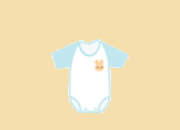 Extra set of clothes Extra set of clothes | 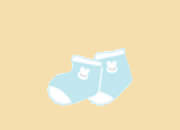 Socks Socks | 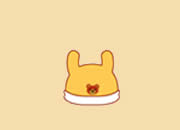 Cap Cap |
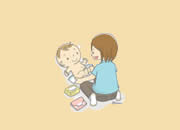 Diaper & Wipes Diaper & Wipes | 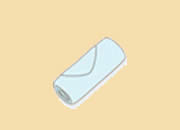 Hand Towel Hand Towel | 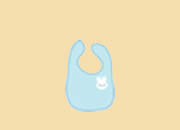 Baby Bib Baby Bib | 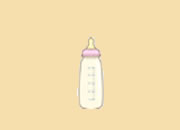 Baby Bottle Baby Bottle |
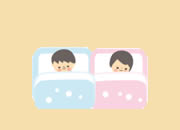 Futon for taking naps Futon for taking naps | 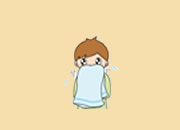 Face Towel Face Towel | 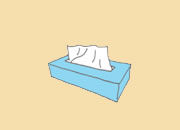 Tissue Box Tissue Box | 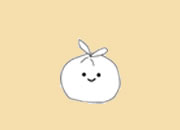 Plastic Bags Plastic Bags |
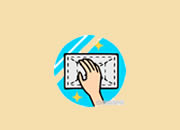 Zoukin (special type of cleaning cloth) Zoukin (special type of cleaning cloth) |
【Table 4】Supplies required for children who are 1-2 years of age
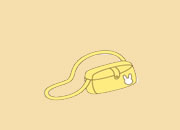 Small Supply Bag Small Supply Bag | 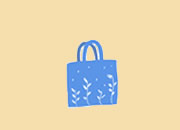 Supply Bag Supply Bag | 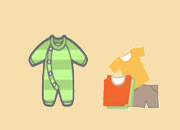 Extra sets of clothing Extra sets of clothing |  Bib Bib |
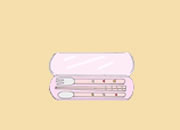 Set of eating utensils with training chopsticks, spoon and fork Set of eating utensils with training chopsticks, spoon and fork | 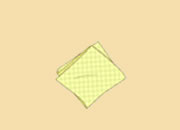 Table Mat or Table Mat or Napkins |  Hand Towel Hand Towel | 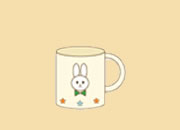 Cup Cup |
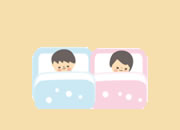 Futon for taking naps Futon for taking naps |  Tissue Box Tissue Box |  Plastic Bags Plastic Bags |  Zoukin (Special type of cleaning cloth) Zoukin (Special type of cleaning cloth) |
【Table 5】Supplies required for children 3 years and above
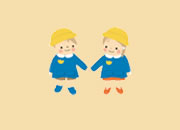 School uniform School uniform | 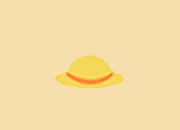 School hat School hat | 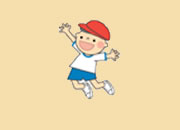 P.E. Uniform P.E. Uniform | 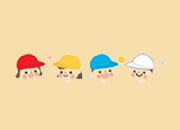 Colored hats for P.E. uniform Colored hats for P.E. uniform |
 Small supply bag Small supply bag |  Supply bag Supply bag | 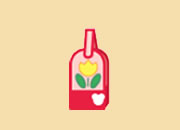 Bag for carrying a pair of indoor shoes Bag for carrying a pair of indoor shoes | 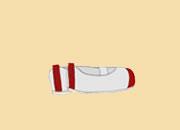 Indoor Shoes Indoor Shoes |
 Case for Eating Utensils Case for Eating Utensils |  Table Mat or Napkins Table Mat or Napkins |  Hand Towel Hand Towel |  Cup Cup |
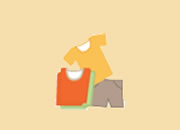 Extra sets of clothing Extra sets of clothing |  Futon for taking naps Futon for taking naps |  Plastic Bags Plastic Bags |  Zoukin (special type of cleaning cloth) Zoukin (special type of cleaning cloth) |
→ 1.Information on Nursery Schools and Kindergartens
→ ① Differences between nursery schools and kindergartens
→ ③ Nursery school admission procedures and fees
→ ⑤ Kindergarten admission procedures and fees
→ ⑥ Procedures during times of sickness and natural disasters in nursery schools and kindergartens












